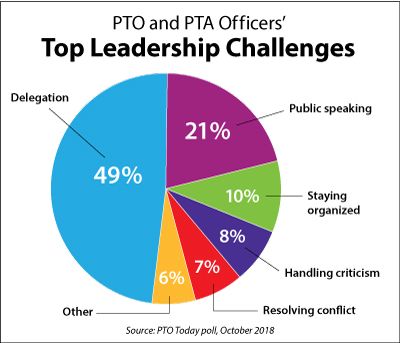In the dynamic and ever-changing world of business and organizations, leadership plays a crucial role in steering the ship towards success. However, effective leadership doesn’t come without its fair share of challenges. Throughout history, leaders have faced numerous obstacles and setbacks, some of which can provide valuable lessons for aspiring leaders. By examining past leadership challenges, we can gain insights into how to navigate the complex landscape of leadership and avoid similar pitfalls.
1. Communication Breakdowns
One common challenge leaders face is communication breakdowns. Poor communication can lead to misunderstandings, conflicts, and decreased productivity. A notable example of this is the Enron scandal in the early 2000s, where the lack of transparency and effective communication from leadership resulted in one of the largest corporate frauds in history.
To overcome this challenge, leaders must prioritize clear and open communication within their organizations. Establishing regular channels of communication, such as team meetings or digital collaboration platforms, can foster transparency and ensure that everyone is on the same page. Additionally, leaders should actively listen to their team members, encouraging feedback and addressing any concerns promptly.
2. Ethical Dilemmas
Leaders often face ethical dilemmas that can test their values and integrity. One prominent example is the Volkswagen emissions scandal in 2015, where top executives orchestrated a scheme to cheat on emission tests. This unethical behavior not only damaged the company’s reputation but also resulted in severe legal and financial consequences.
To avoid such ethical challenges, leaders must establish a strong ethical framework within their organizations. This includes setting clear ethical standards, regularly communicating and reinforcing these standards, and holding individuals accountable for their ethical behavior. Furthermore, leaders should lead by example, demonstrating integrity and ethical decision-making in all aspects of their work.
3. Resistance to Change
Leadership often requires implementing changes within an organization. However, resistance to change is a common challenge that leaders must overcome. Kodak’s downfall serves as a prime example of a company failing to adapt to changing market conditions and technological innovations. Despite pioneering digital cameras, Kodak’s leadership was resistant to embracing the digital revolution, ultimately leading to its decline.
Leaders can learn from this mistake by being open to change and fostering a culture of innovation. It is crucial for leaders to communicate the reasons for change effectively and involve their team members in the process. By emphasizing the potential benefits and involving stakeholders, leaders can reduce resistance and increase the likelihood of successful change implementation.
4. Lack of Emotional Intelligence
Emotional intelligence, or the ability to understand and manage emotions, is a vital leadership skill. Leaders who lack emotional intelligence may struggle with building strong relationships, motivating their team, and resolving conflicts. One notable example is the downfall of Groupon’s former CEO, Andrew Mason. His inability to effectively manage relationships with stakeholders and address internal conflicts eventually led to his departure.
To address this challenge, leaders should prioritize the development of emotional intelligence. This includes self-awareness, empathy, and effective communication. Leaders should strive to create a positive and supportive work environment, actively listening to their team members’ concerns and providing feedback that takes emotions into account.
Conclusion
Leadership challenges are inevitable, but they can be valuable opportunities for growth and learning. By studying past leadership challenges and their consequences, aspiring leaders can gain insights into effective leadership practices. From communication breakdowns to ethical dilemmas, resistance to change, and lack of emotional intelligence, each challenge offers lessons and strategies for future leaders. By taking these lessons to heart, leaders can navigate the complexities of leadership successfully and make a positive impact on their organizations.
